1. Du-rags that can get you racially profiled or land you front row at fashion week, depending on your melanin levels.
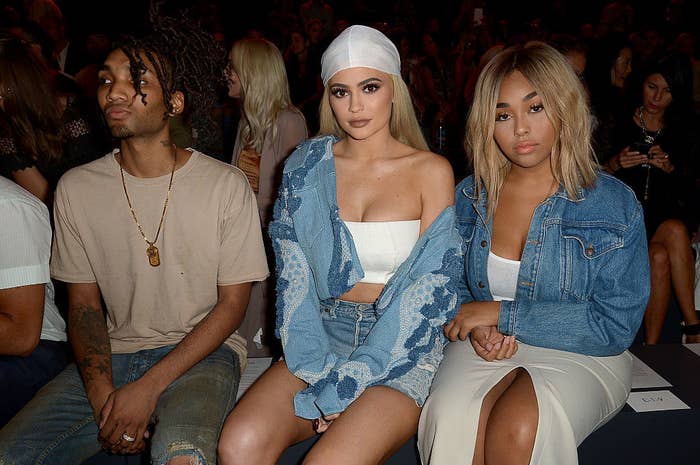
2. And jumbo door knockers, bamboo earrings, and gold hoops that can either get you followed around a store or a top spot on Billboard.
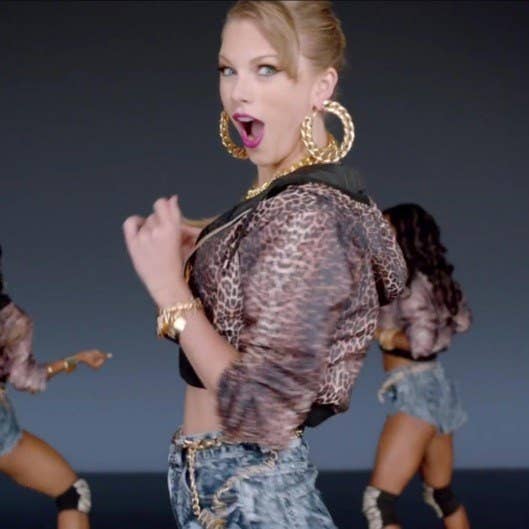
3. Timberlands, a white T-shirt, and jeans for an "all- American" look.
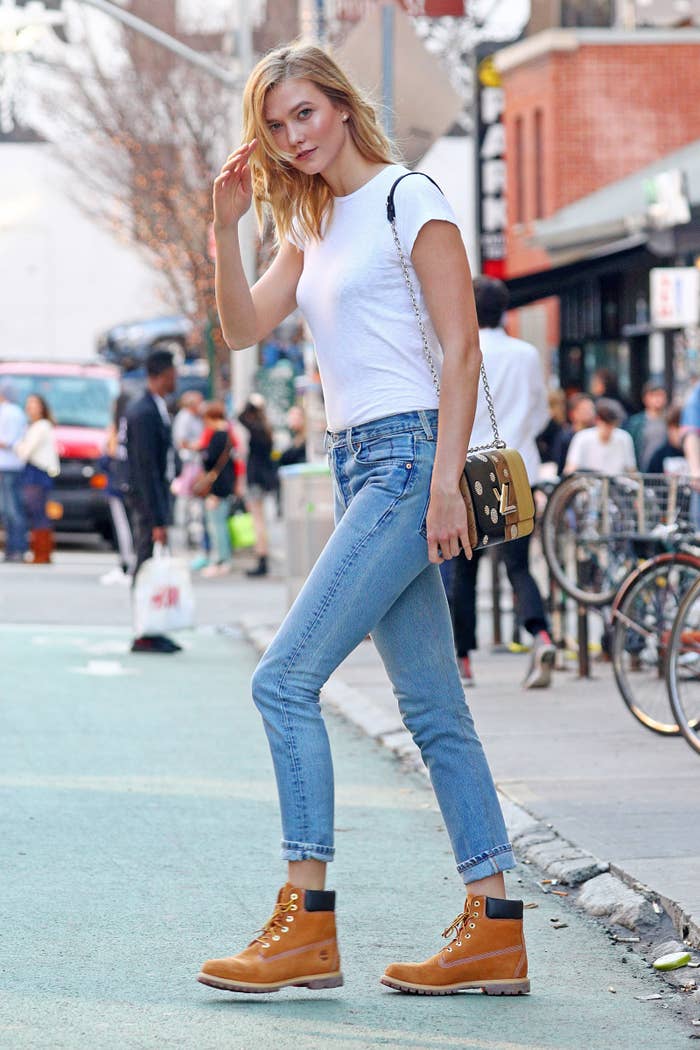
4. Nameplate necklaces that were suddenly a must-have item after their major TV debut.
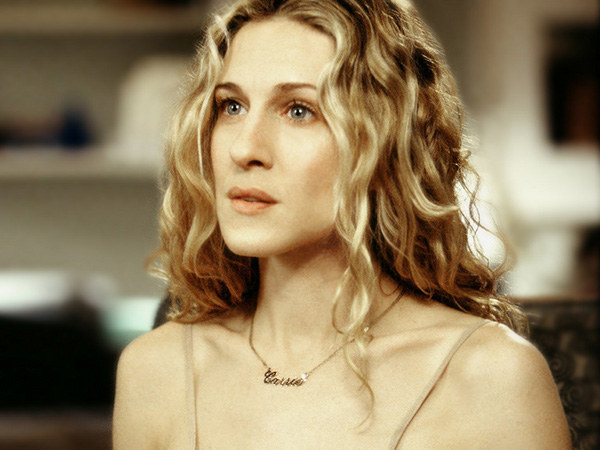
5. Cornrows that were renamed "boxer braids" and miscredited to MMA fighters.
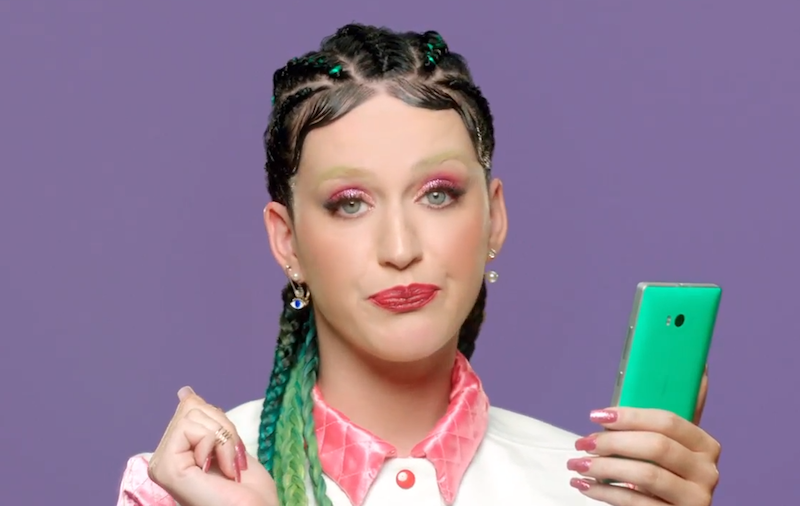
6. Pierced nails that, according to media, is a new trend Kim K. started.
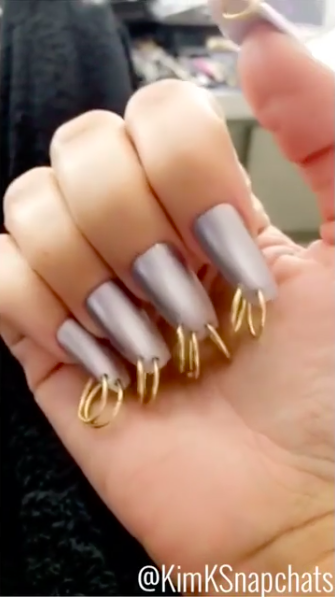
7. And speaking of nails, extra-long stiletto and almond shapes that mainstream celebs and their followings have took a recent liking to.
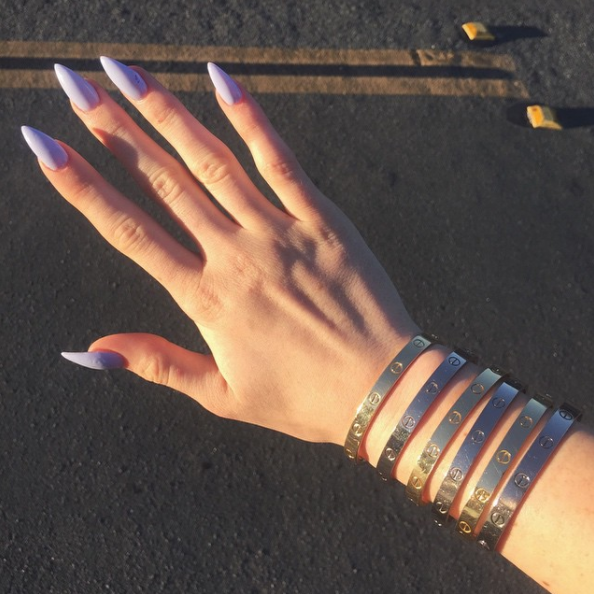
8. "Tribal, regal fashions" inspired by a group of people that rarely benefit from their inspiration.
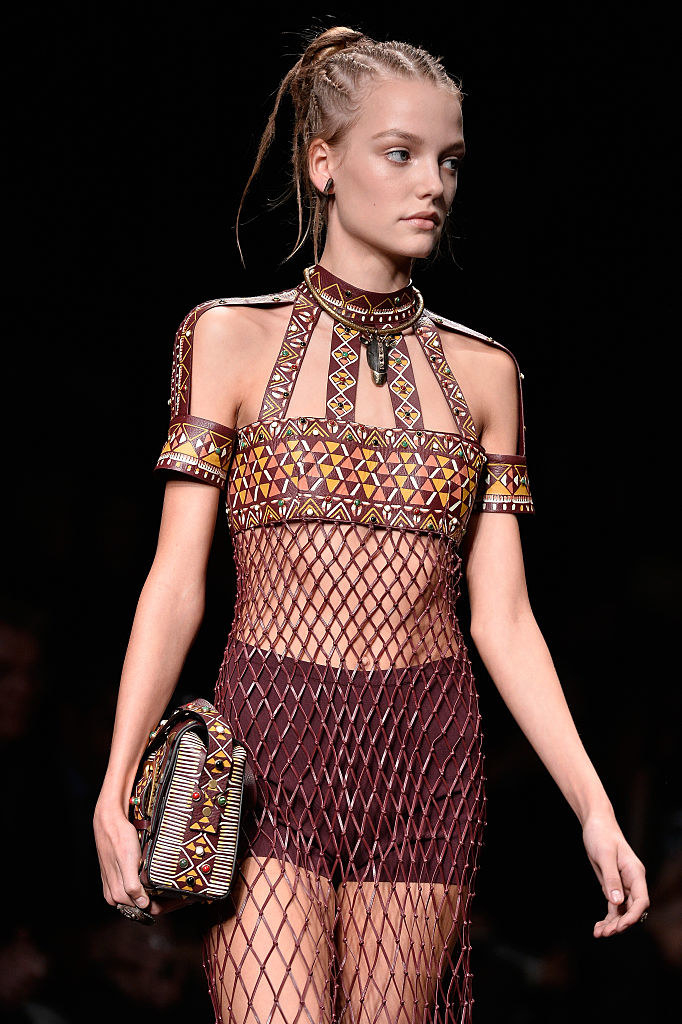
9. Stylishly long ponytails, made with braiding hair to match the texture of black hair.
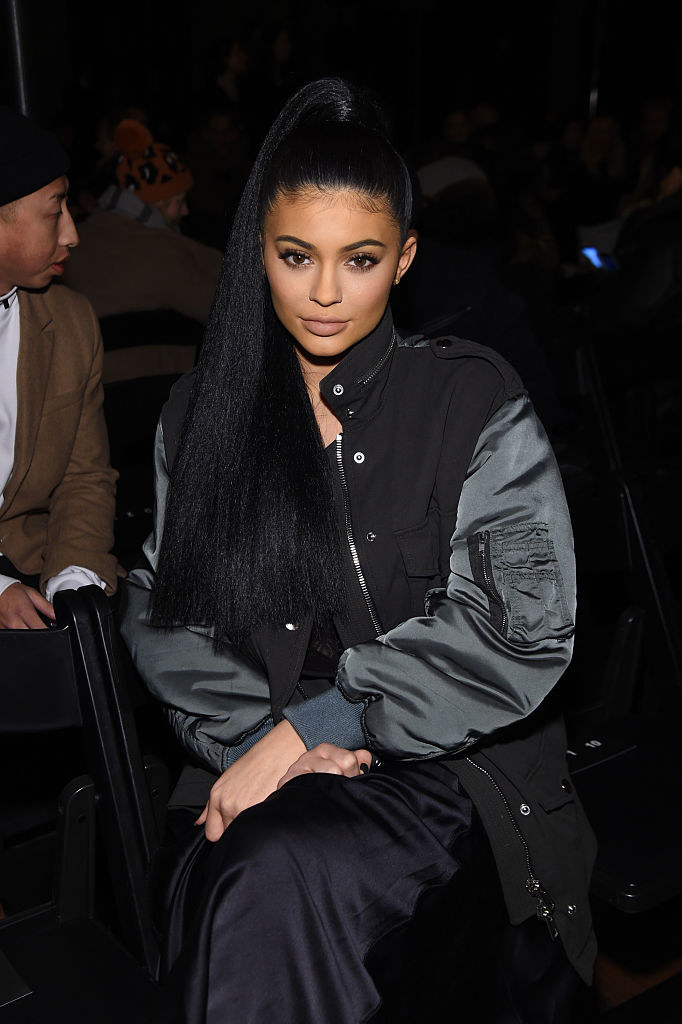
10. Round and plump behinds that've recently been incorporated into the mainstream beauty narrative.
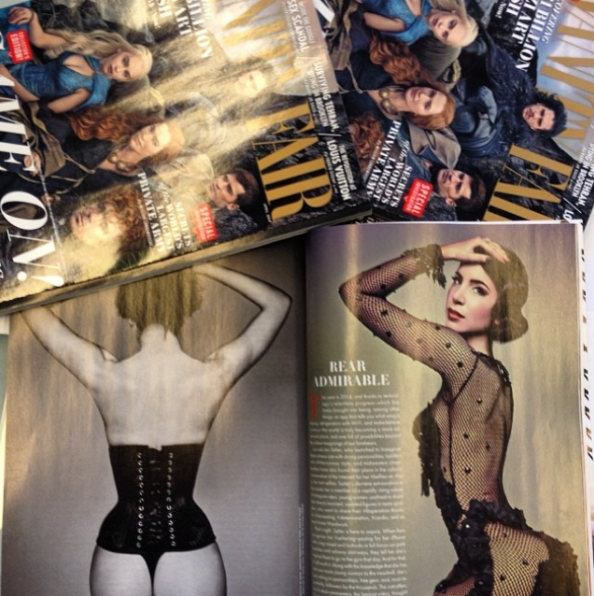
11. And Afros that symbolize protest and pride, but are freely thrown on white models as editorial props.
Hey! Here's an idea: instead of putting an afro on Gigi Hadid, why not just HIRE A BLACK MODEL instead? 😊
The fashion and beauty industries have this absurd obsession with styling white models in black hairstyles, instead of just hiring black models, especially since there's already a severe shortage of diversity and representation in those industries. Instead, white models are given cornrows, and bantu knots, and Afros. In a cover story, Vogue Italia features a high-fashion editorial of Gigi Hadid posing in a variety of tightly coiled Afros. It's not the first time, and unfortunately won't be the last, as there are countless other instances of appropriating black hair.
Lori Tharps, co-author of Hair Story: Untangling the Roots of Black Hair in America told BuzzFeed that "Before it was the perfectly round Afro, it was a statement. To say, 'No more. Appreciate my beauty.'" She explains how it was a sign of protest because "tracing back to slavery, black women and men knew that to be perceived as 'respectable,' their hair had to be as close to white people's as possible." So when black people began wearing their natural texture in an Afro, it "was black Americans' way of letting white America — and black America — know that we no longer need to conform to a white aesthetic."

